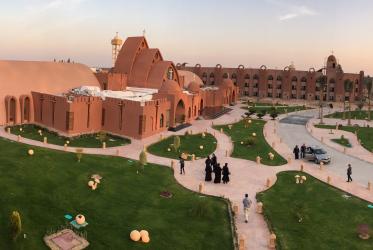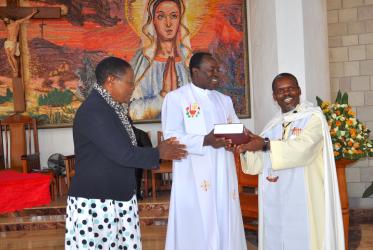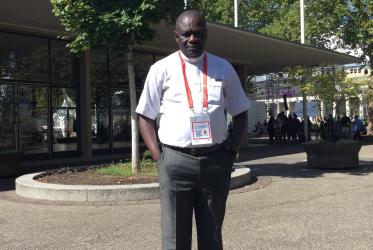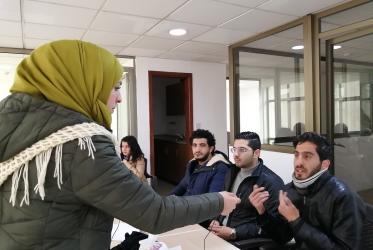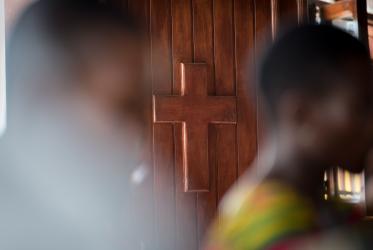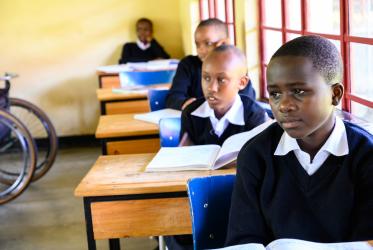Displaying 1 - 20 of 99
Promoting human dignity through art
06 September 2022
In a COVID-stricken world, “everyone is important”
23 October 2020
Are migrants seen and heard? Conference presses the question
19 October 2020
Advancing a disability-inclusive response to COVID-19
21 April 2020
"Mission for God’s people” explored at seminar in Kenya
20 February 2020
Mission and people with disabilities
26 June 2019


